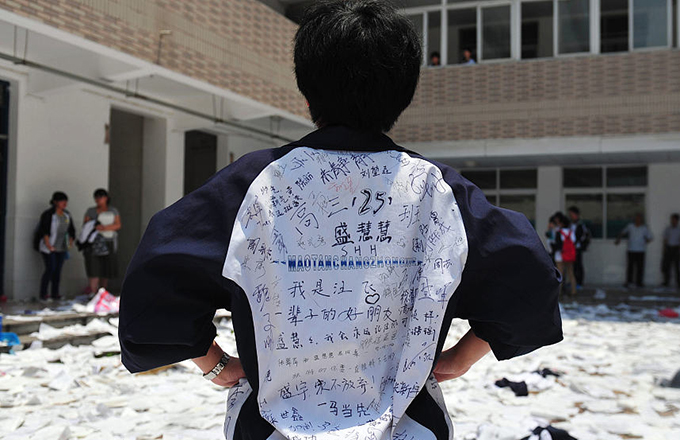The future of China-Malaysia trading relationship
Throughout China’s long history, cultural and commercial interactions with many parts of what constitute today’s Malaysia have become commonplace. In 1974, the then Malaysian Prime Minister Abdul Razak made a historic visit to Beijing, and Malaysia became the first Southeast Asian country to establish diplomatic relations with communist China. Malaysia has also not lost sight of China’s marvelous achievements since its reform and opening-up process started. Indeed, China is Malaysia’s largest trading partner and Malaysia is China’s largest trading partner in Southeast Asia, with their bilateral annual trading volume surpassing US$100 billion and is projected to reach US$160 billion by 2017. It then came as no surprise that in 2013 the two countries upgraded their relationship to that of “Comprehensive Strategic Partnership.”
Malaysia has been focussing on China market all this while, considering its size.
China is so big that working with one province is similar to working with one country. Malaysia can work independently with individual provinces in China. It’s easier to do business with China, which has similarities with us in terms of culture. The challenge is whether Malaysia’s SMEs are ready. With the participation of Malaysia in the BRI, Malaysia will see more international trade being conducted in this region and it is expected to benefit from it since Malaysia is already the 23rd largest exporter in the world out of 168 countries in the WTO.
Malaysia has been having trade deficit with China since 2012. But with the BRI is has suddenly become a big concern. Total trade increased by 4.4%. Export was RM98.6 billion and import RM142 billion, which means there was trade deficit of about RM43 billion. Here, we can see that Malaysia will have trade deficit with or without China. The BRI will open up more opportunities for Malaysia mainly because it involves the belt and the maritime. The maritime route will go from China down to Asean and Malaysia is right in the centre of the route between China and Europe. That gives us the best opportunity to generate trade. The Malacca industrial park is part of the giant Malacca Gateway project that China and Malaysia signed last year. The project includes building three reclaimed islands and developing a fourth natural island. Most of this project will cater to tourism, commercial and housing needs, but one island – Pulau Melaka – has been earmarked to become a maritime activities centre with a container and bulk terminal, shipbuilding and ship repair services, and maritime industrial park.
On 4th November 2016, Jack Ma, the founder of Alibaba group has agreed to act as an advisor to the Malaysian Government on its digital economy aspirations. Following this agreement, Alibaba would set up a logistics hub in Malaysia, the latest in a string of Chinese investments including in infrastructure and real estate projects, underscoring the close ties between the two countries.The Malaysian Government has allocated a piece of land to Alibaba to set up this e-hub, which will make it easier for small and medium enterprises (SMEs) in Malaysia to participate in international trade. The hub, which is expected to be launched at the end of 2019 will be part of a digital free trade zone. It is said that the hub will function as a centralized customs clearance, warehousing and fulfilment facility for Malaysia and the region to deliver faster clearance for imports and exports.Alibaba will also explore e-payment and financing opportunities to facilitate business-to-business trade.Ma said he expected to launch Alipay in Malaysia soon, but stressed that it was not to occupy the local market but to push for Malaysia to be an inclusive, transparent cashless society.
More and more Malaysians are learning Mandarin now, in fact, it is encouraged by the government. Malaysian government believes that a nation’s peace and safety can be achieved if public is able to perform well in education. Education is the most important tool to break the poverty cycle and a guaranteed path to the economy growth. The government is currently planning to improve the education system that includes Mandarin in the syllabus. With the increase of Mandarin speakers in Malaysia, this is advantage for both countries as it is easier for SMEs to communicate in common language and for them to conduct trades.
























